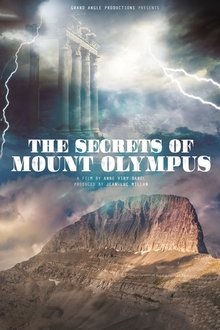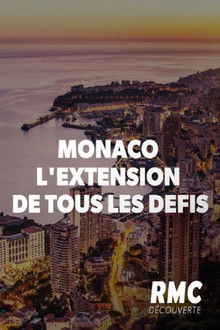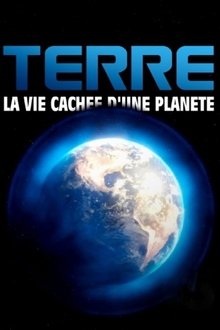3D printing is changing the world – from printing guns and human organs to dismantling the world’s industrial infrastructure by enabling home manufacturing. The 3D Printing revolution has begun. Who will make it?
Related Movies
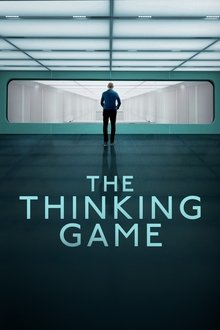
The Thinking Game (2025)
Chronicles the extraordinary life of visionary scientist Demis Hassabis and his relentless quest to solve the enigma of artificial general intelligence.
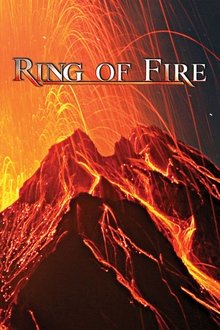
Ring of Fire (1991)
Ring of Fire is about the immense natural force of the great circle of volcanoes and seismic activity that rings the Pacific Ocean and the varied people and cultures who coexist with them. Spectacular volcanic eruptions are featured, including Mount St. Helens, Navidad in Chile, Sakurajima in Japan, and Mount Merapi in Indonesia.

The Click Trap (2024)
Digital advertising algorithms curate content precisely for users. Major tech firms claim to restrict disinformation yet still profit from harmful content, raising ethical concerns about democracy and online capitalism.

Hack Your Health: The Secrets of Your Gut (2024)
Delve into the digestive system with this lighthearted and informative documentary that demystifies the role gut health plays in our overall well-being.

Artificial Roles (2025)
Artificial intelligence is taking on different roles in the filmmaking space. The questions we must ask ourselves are: what are the pros and cons of this advancement? How can we work with it, and what power do we have as human beings in the face of this technology?
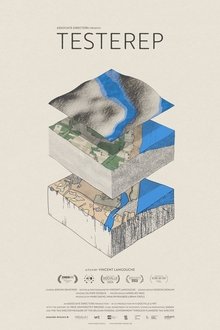
Testerep (2024)
A team of scientists search for the lost island of Testerep in front of the Belgian coast, venturing into artificial landscapes and virtual realities.
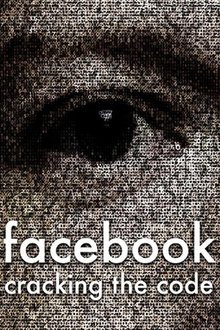
Facebook: Cracking the Code (2017)
"What's on your mind?" It's the friendly Facebook question which lets you share how you're feeling. It's also the question that unlocks the details of your life and helps turn your thoughts into profits.
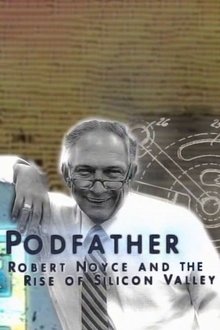
Podfather (2009)
Documentary telling the story of silicon chip inventor Robert Noyce, godfather of today's digital world. Re-living the heady days of Silicon Valley's seminal start-ups, the film tells how Noyce also founded Intel, the company responsible for more than 80 per cent of the microprocessors in personal computers.
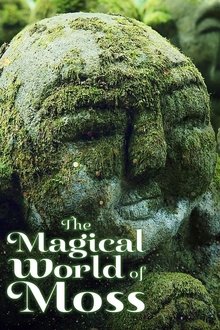
The Magical World of Moss (2023)
They have no roots, no seeds, no flowers, but mosses show immense survival capacities and can suspend their biological activity for long periods. Today, researchers are exploring the exceptional resistance of these archaic organisms. British ecologists have even resurrected a "zombie" moss that has been trapped in the permafrost for 1,500 years. Associated with decay and disliked in Europe, mosses are deified in Japan. With 25,000 species worldwide, bryophytes - their scientific name - are the seat of real ecosystems, and can develop in inhospitable landscapes, through an extravagant reproduction cycle.
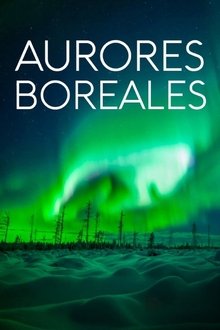
Revontulien armoilla (2019)
In this documentary, scientists reveal their findings on the influence of solar storms on animal behavior and human transport infrastructure. The documentary explains why solar storms pose a threat to humanity: In extreme cases, they can damage satellites, slow down air traffic and paralyze high-voltage and telecommunications networks.

Pioneers in Skirts (2022)
Pioneers in Skirts is an Emmy-nominated 60-min documentary following filmmaker Ashley Maria’s quest to peel back the layers of obstacles that can limit a woman or girl's pioneering ambition.
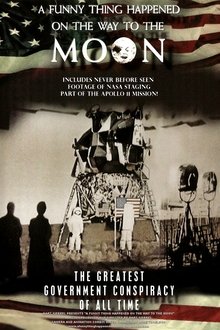
A Funny Thing Happened on the Way to the Moon (2001)
Are the manned moon landings of Apollo one of the greatest hoaxes ever devised - perhaps even the greatest government conspiracy of all time? Were the moon walks filmed in a secret studio? Do you believe in the Moon Landing Hoax? The evidence will surprise you!
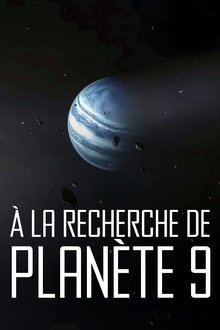
Searching for Planet 9 (2022)
At the edge of our solar system supposedly lies an immense planet. Five to ten times the size of the Earth. Several international teams of scientists have been competing in a frantic race to detect it, in uncharted territories, far beyond Neptune. The recent discovery of several dwarf planets, with intriguing trajectories, have put astronomers on the trail of this mysterious planet. Why is this enigmatic planet so difficult to detect? What would a ninth planet teach us about our corner of the universe? Could it help us unlock some of the mysteries of our solar system?

The Crime Messenger (2025)
European police infiltrate SkyECC, an encrypted app created by Eap to protect privacy, and dismantle a vast trafficking network. Sky ECC was a subscription-based messaging platform, developed by the Canadian company Sky Global. The platform offers end-to-end encryption and has been widely used for criminal purposes, including drug trafficking, money laundering, and distribution of child sexual abuse material.
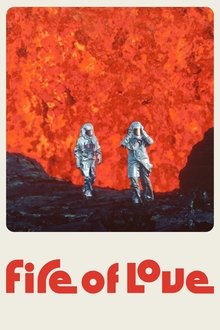
Fire of Love (2022)
A doomed love triangle between intrepid French scientists Katia and Maurice Krafft, and their beloved volcanoes.
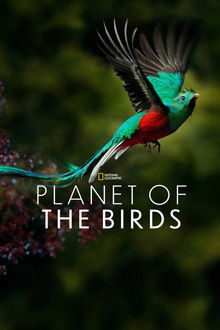
Planet of the Birds (2018)
From the North Pole to remote islands, birds can live almost anywhere. How do these resilient animals thrive in such different environments? They have become hardy and versatile through their bodies, feathers, movements, and songs. In this global birding tour, we learn about these nomads of the sky.

